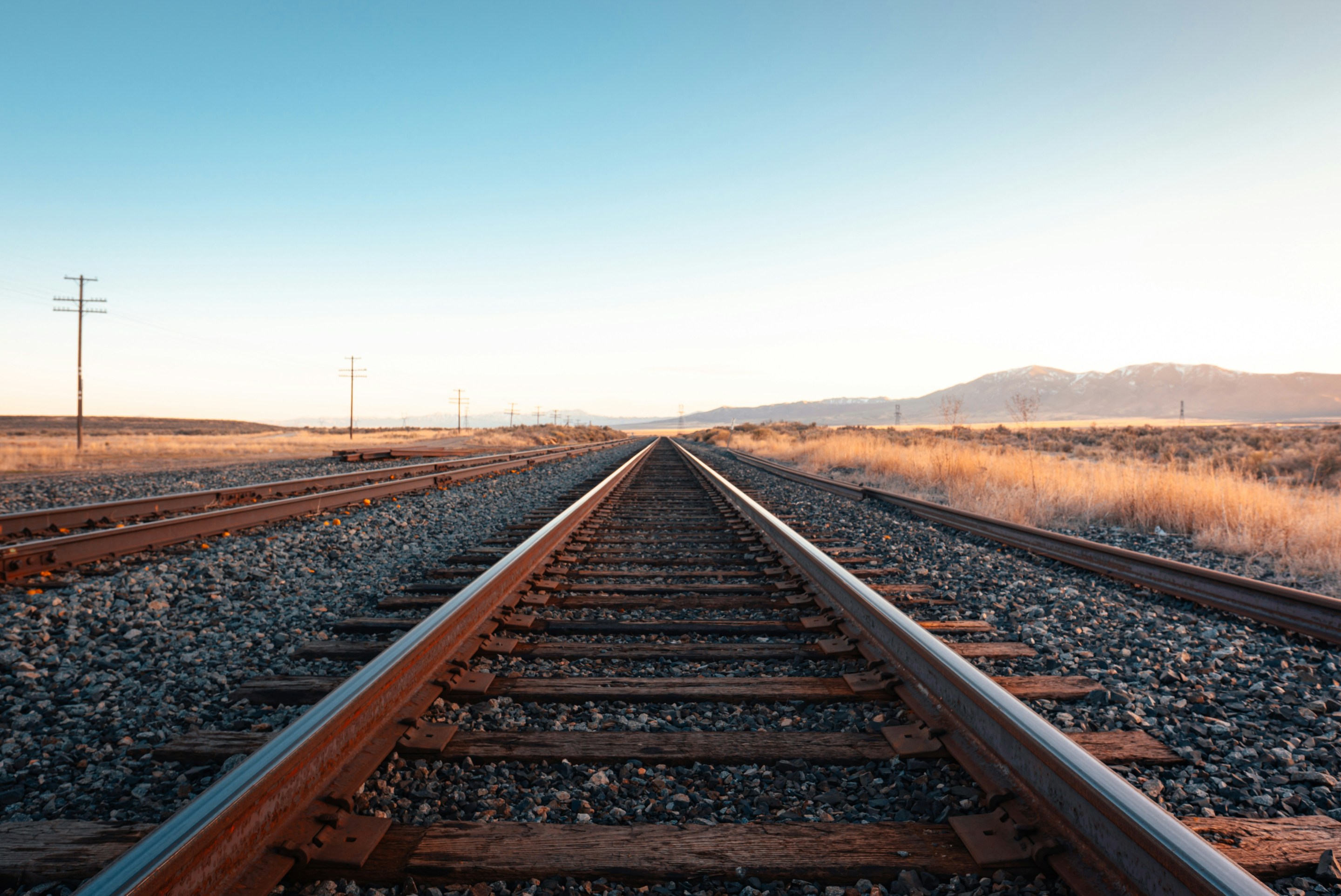The proposed $85 billion merger of Norfolk Southern and Union Pacific isn’t about creating a more efficient coast-to-coast network — it’s about concentrating private power and maximizing shareholder profits at the expense of workers, shippers, and the public. This is a public-interest crisis about who controls essential infrastructure: Wall Street or the American people.
While executives promise efficiency and connectivity, past mergers show the truth — job cuts, safety shortcuts, degraded service, and higher costs. Combining two of the nation’s largest railroads would entrench monopoly control of U.S. freight corridors, reduce competition, accelerate automation and de-skilling, and further weaken rail labor.
Since the Staggers Rail Act of 1980 deregulated the industry, 40 Class I carriers have collapsed into just six. Employment has fallen from 500,000 to fewer than 153,000. The network has shrunk from 240,000 miles of track to about 140,000, leaving communities stranded and shippers captive to a single carrier. Deregulation was sold as efficiency — in practice, it’s been monopoly capitalism on rails.
Under “Precision Scheduled Railroading,” railroads have gutted their workforces by 17 percent, abandoned less-profitable routes, and sacrificed safety to cut costs and boost profits. Instead of investing in infrastructure, cleaner locomotives, or expanded service, the Class I carriers spent nearly $200 billion on stock buybacks between 2010 and 2020 — wealth extracted directly from the system that keeps our economy moving.
Now these same executives want to merge Norfolk Southern and Union Pacific, a deal that would dwarf the recent Canadian Pacific - Kansas City Southern merger. The results are predictable: fewer jobs, fewer safety inspections, longer trains, and more fragile supply chains.
A Broken Regulatory System
The Surface Transportation Board (STB) and Federal Railroad Administration (FRA) are ill-equipped to protect the public. The STB, understaffed and dominated by former industry insiders, places the burden of proof on shippers to challenge excessive rates — a process that takes years and costs hundreds of thousands of dollars. Even successful cases have no wider effect. The FRA relies on self-reporting and imposes fines so minimal they’re treated as a cost of doing business.
These agencies were built for a competitive market that no longer exists. Their authority has been hollowed out while railroads consolidated into regional monopolies. In this environment, consolidation doesn’t slip through the cracks — it thrives in them.
If regulators couldn’t stop the $31 billion Canadian Pacific–Kansas City Southern merger, there’s little reason to believe they’ll protect the public from an $85 billion deal between two even larger carriers.
Consequences for Workers and Communities
Mergers like this one mean layoffs, de-skilling, and erosion of union strength. Crew reductions and automation threaten safety everywhere. Experienced railroaders — essential for reliability — are replaced by technology and contractors with less training and no accountability. Every lost job weakens collective bargaining and workplace safety.
For communities, the merger will bring longer trains blocking crossings, deferred maintenance, and more derailments. For shippers, it means higher rates and fewer options — costs that ripple through to consumers. Freight rail should be a public good: efficient, safe, and reliable. Instead, it has become a private toll road for shareholders.
This Merger Demands Structural Change
The NS–UP merger is a wake-up call. It exposes the fundamental flaw in our current system: we are trying to regulate 21st-century monopolies with a 1980s-era framework built on the illusion of competition.
Re-regulation would rebuild oversight — enforceable service obligations, rate controls, labor protections, and safety rules — but still leave our railroads in private hands, beholden to Wall Street.
Renationalization — public ownership of the rail network — would return control of this critical infrastructure to the people who depend on it. Under democratic, public management, we could prioritize service, safety, environmental responsibility, and workers’ rights over quarterly earnings. A publicly owned rail network could lower shipping costs, expand passenger service, and anchor a national clean-transportation strategy.
A Call to Action
We call on the Surface Transportation Board to reject the Norfolk Southern–Union Pacific merger. At minimum, it must impose enforceable conditions: relief for captive shippers, guaranteed on-time performance for passenger trains, strong labor protections, and real investment in cleaner, safer infrastructure.
We also urge Congress to investigate rail consolidation and the failure of laws like the Staggers Act to protect the public. Deregulation has failed — and continuing to patch it will only deepen the crisis.
Finally, we call on rail workers, shippers, passengers, and communities to unite and demand structural reform. The rails are not just a business — they are the backbone of our economy and a lifeline for millions.
The choice is clear: keep trying to rein in the robber barons — or take the rails back for the public good.






